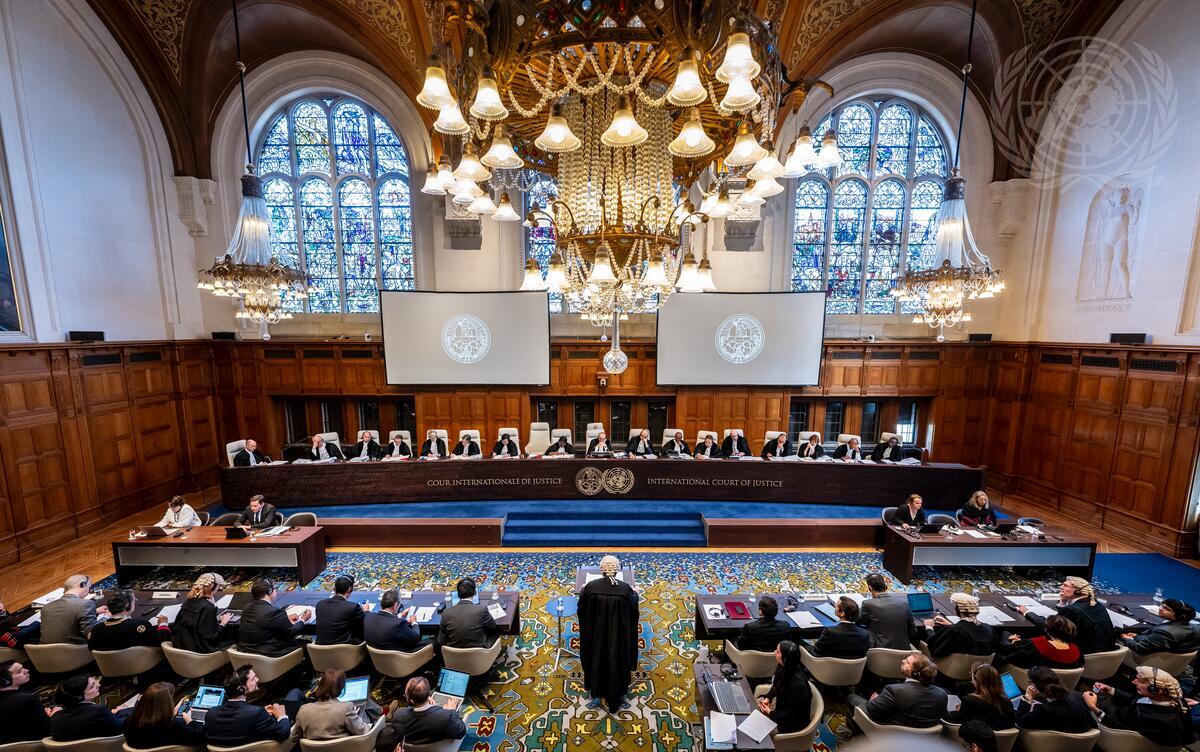International Court of Justice (ICJ): Hearings Held on Israel's Restrictions on UN Agencies and Other International Organizations in Palestine

Starting April 28, 2025, at the International Court of Justice, the United Nations' highest judicial body, hearings took place in the proceedings concerning Israel's persistent obstruction of UN agencies and other international organizations' interventions in Gaza and the Occupied Palestinian Territories. This was initiated following the General Assembly's December vote, which counted 137 votes in favor and 12 against consulting the Court's judges.
The hearings involved forty States and four international organizations, with the aim of developing an 'advisory opinion' regarding Israel's obligations as an occupying power, in accordance with the provisions of the United Nations Charter. While non-binding, this opinion helps interpret and clarify complex legal aspects, assisting the General Assembly in outlining the approach to pursue on the matter.
Regarding the dire humanitarian situation in Gaza, where since March 2 the civilian population has been almost entirely deprived of essential goods due to Israel's border closure, UN Legal Counsel Elinor Hammarskjöld spoke, noting the presence of 13 UN agencies on the ground and the 295 staff members who have lost their lives since October 7, 2023.
Philippe Lazzarini, Commissioner-General of the United Nations Relief and Works Agency for Palestine Refugees in the Near East (UNRWA), welcomed the hearings, reiterating the fundamental importance of the work international humanitarian organizations were doing. He also denounced the serious consequences of the "no-contact" policy adopted by the Israeli Parliament, which prohibits any form of coordination with UNRWA officials, the main provider of humanitarian assistance in the area. Among these, he particularly highlighted a severe compromise in the distribution of humanitarian aid and essential services, and the denial of entry visas to Israel for the agency's personnel.

